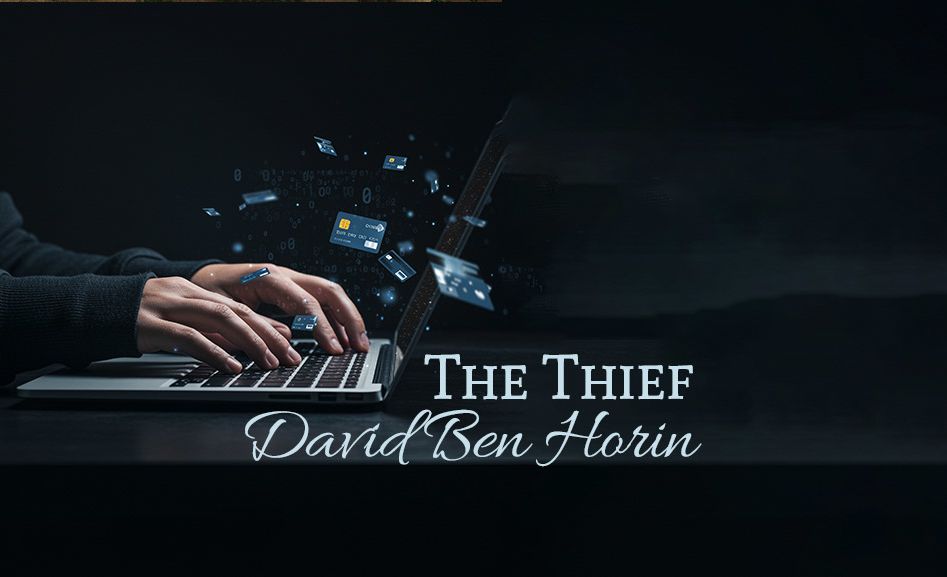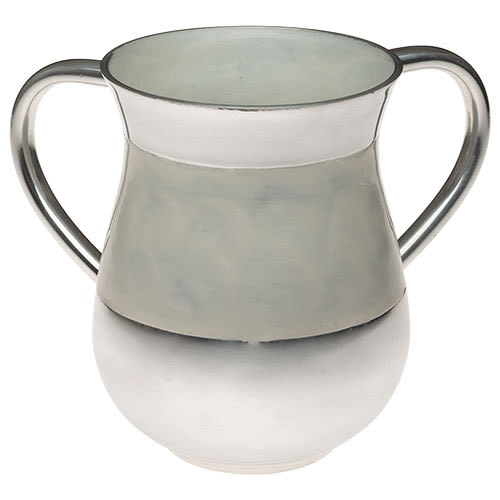
I Called Out From The Depths
The greater one's difficulties in life, the more one must cling to HaShem. The more one clings to HaShem, the higher the spiritual gain. Suffering and...

A person in trouble, suffering, or downtrodden and persecuted, must rely on his or her emuna to keep going. In physics, every action causes an equal and opposite reaction. Spirituality is the same. The greater one’s difficulties in life, the more one must cling to Hashem. The more one clings to Hashem, the higher the spiritual gain. Suffering and tribulations are therefore portals to spiritual gain.
If a person were constantly successful in everything that he or she did, with no troubles in life whatsoever, then it’s doubtful that they’d ever seek Hashem. Such people easily become arrogant, and arrogance is an iron barrier which totally separates a person from Hashem’s light. Conversely, the more one nullifies one’s own ego, the more one becomes a befitting vessel for Divine illumination.
Emuna manifests itself in courage; the more a person feels the presence of Hashem, the less he or she fears anything or anyone. Dovid HaMelech (King David) expresses this concept so beautifully in Tehillim 23 when he says, “Though I walk through the valley of death, I fear no evil, for You [Hashem] are with me.”
Trying situations are torture without emuna. Those with nothing to fall back on easily succumb to sadness, despair, and depression. They are frequently angry and embittered. In extreme cases, they lose their will to live.
Positive Thinking
The primary choice of a person under pressure is whether he or she will succumb to negative thoughts and believe in them, or strengthen him or herself with emuna, and replace feelings of sadness with optimism and happiness, and cling to Hashem. In the latter case, problems always turn themselves around.
Positive thinking means thoughts of emuna, that Hashem can rescue any of us from any situation in the universe. With emuna, there’s no such thing as despair in the world. Hashem can turn any predicament around for the best. A person with emuna is aware that difficult times are growth opportunities that enable a person to strengthen his or her relationship with Hashem.
Let’s take the example of a person who has been unsuccessful over a long period of time in finding his or her soul mate. This is no easy trial; the yetzer hara (evil inclination) pounces on opportunities like this to infuse despair and depression into a person’s heart and to destroy their emuna altogether. But, with emuna, a person turns to Hashem in prayer, as follows: “Hashem, please forgive me for whatever misdeeds I might have done that have hampered finding my soul mate. Please help me correct what needs correcting; You Yourself know that a person can’t truly correct his or her soul without being married. For that reason, please help me find my partner in life.”
Positive thinking comes from the yetzer tov, the good or holy inclination. Negative thinking and emotions are all products of the yetzer hara, the evil dark side.
Emuna vs. Heresy
Let’s see the difference between emuna and heresy in a personal crisis: The emuna train of thought is reflected by the yetzer tov, and the heretical train of thought is reflected by the yetzer hara. The following chart shows the contrasting way each speaks inside a person’s head and heart:
Notice that in the above table, the yetzer hara speaks all the time about “I” and “me” and the yetzer tov speaks about Hashem. The yetzer hara inflates a person with egotism, despair, and heresy, while the yetzer tov gives the person emuna, encouragement, and optimism.
Use the above table to insert your own thoughts on whatever challenge you’re facing at the moment, and see which the dominant force in your life is right now.
To be continued…













Tell us what you think!
Thank you for your comment!
It will be published after approval by the Editor.